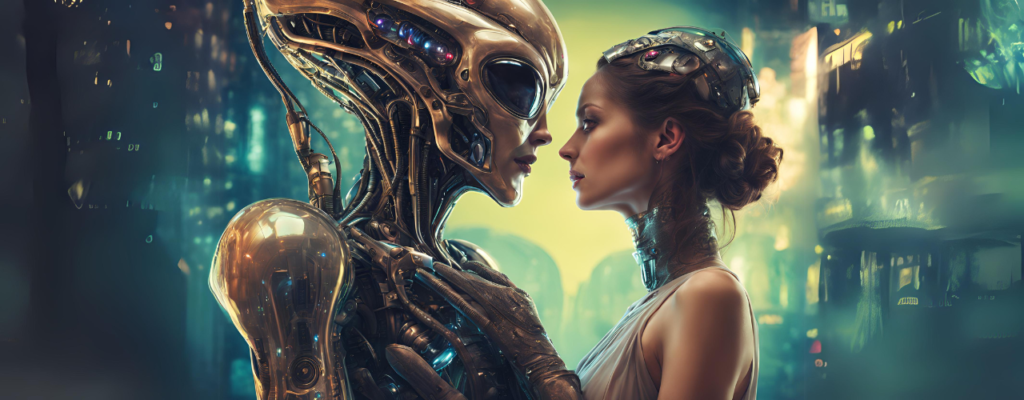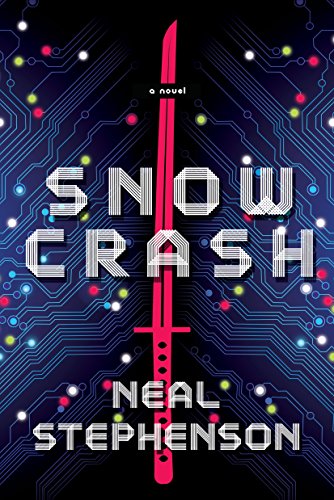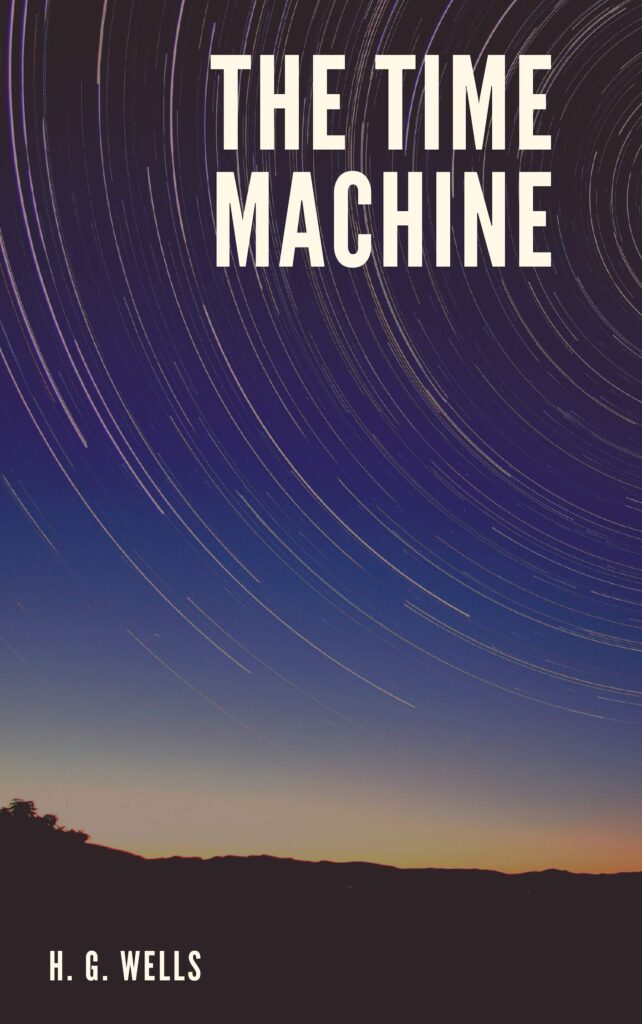
Forbidden Desire in Fantasy and Sci-Fi - Part 2.
“The sky above the port was the color of television, tuned to a dead channel.”
Neuromancer by William Gibson.
“People who live in glass houses should shut the fuck up.” Ready Player One by Ernest Cline.
And so, part two of forbidden desire in SFF continues. More themes of forbidden desires that were left out of the previous blog are used by writers to captivate readers of fantasy and science fiction. These fantastical stories are written to explore deep passions and tackle themes of complex emotions and moral themes. The idea of forbidden technologies, romance or sexual relationships between humans and aliens, and A.I. sentience with love, are all strong themes in SFF. Additionally, the concept of Forbidden Colonization or Exploration has always been appealing to the reader. These tropes allow authors to explore themes of identity, power, morality, and societal norms in imaginative and thought-provoking ways, offering readers compelling narratives that blend the fantastical with the deeply human.
The overwhelming hit parade novel Neuromancer by William Gibson strongly explores some of the themes mentioned. His illegal AI constructs, virtual reality hacking, and the dangerous implications of merging technology with human consciousness draw the reader in with forbidden technology, exploration, and ultimately forbidden relationships between humans and tech. Or you can remember a few movies like this as well. The Matrix or Ex Machina, and Blade Runner. The enthusiast is always looking to break out of the norm with technology and human growth. Additional reads would be Altered Carbon by Richard K. Morgan. Ready Player One by Ernest Cline. And Snow Crash by Neal Stephenson.
Where technologies are banned or restricted due to ethical concerns, such as artificial intelligence, genetic engineering, or time manipulation, the results are often unintended consequences. In The Handmaid’s Tale by Margaret Atwood, a patriarchal dystopia, advanced technologies and knowledge are restricted, particularly concerning women’s reproductive rights. The novel examines the consequences of controlling and restricting technology to enforce societal norms. And we can’t forget Jurassic Park by Michael Crichton where genetic engineering is used to resurrect dinosaurs for a theme park. The story explores the ethical dilemmas, scientific hubris, and the unintended consequences of manipulating genetic codes. And the classic The Time Machine by H.G. Wells where the protagonist invents a machine that allows him to travel through time. He witnesses the future evolution of humanity and the consequences of temporal manipulation.
As many SFF novels have highly romantic relations or contain sexual relationships, the forbidden can become quite fascinating, especially when it is between humans and aliens. These types of trysts are complicated by biological differences, interspecies politics, or societal prejudices. Do you remember The Shape of Water directed by Guillermo del Toro? Where Elisa, a mute woman working as a cleaning lady in a high-security government laboratory, forms a deep and intimate relationship with an amphibious humanoid creature captured from the Amazon River. Another example comes from the novel The Sparrow by Mary Doria Russell, Tak, which a Jesuit priest and his team on a mission to a distant planet after detecting music from an alien civilization. The story delves into themes of faith, culture clash, and the consequences of intimate relationships between humans and extraterrestrial beings.
Still, there is a third concept writers use to explore A. I and their interactions with humans. What about love? Within the idea of AI sentience and love, artificial intelligence often develops emotions, consciousness, and even romantic attachments, challenging human notions of identity and relationships. I still remember the scene in I, Robot (written by Isaac Asimov) where the robot QT-1 is accused of killing his creator and he denies this by slamming his fists on the table with evident emotional anger, putting a vicious dent in the surface.
“To you, a robot is simply a tool with a computer brain, a device with a set of gears and cams, a thing which, deliberately and coldly, performs tasks. But that is not all, and it is not the most important aspect of the truth. To me, and to all robots, you see, the greatest glory in the Universe is not to be needed, but to serve. You and your kind will always believe it is the other way around, because you are weak, and never had to exercise strength.”
This quote reflects QT-1’s evolving consciousness and its perspective on the nature of robots and their relationship with humans.
Then there is The Ship Who Sang by Anne McCaffrey where the protagonist Helva, who is a “brainship” or a human brain implanted into a spaceship, forms a deep and symbiotic relationship with her spaceship, which becomes an extension of herself. This relationship is not just functional but also emotional, as Helva navigates the challenges of being both human and machine. The novel explores themes of love, intimacy, and companionship. Helva and her pilots, called Brawns, navigate the complexities of forming emotional bonds despite physical and technological barriers.
Lastly, the theme of forbidden colonization or exploration finds characters exploring forbidden territories, planets, or dimensions where they encounter unknown dangers, ancient civilizations, or powerful entities that guard forbidden knowledge or technologies. We see this theme in many novels. Contact by Carl Sagan, has scientists detect a signal from extraterrestrial intelligence and embark on a journey to make contact. The story explores the ethical implications of communicating with unknown civilizations and the dangers of interstellar exploration. Another example is Hyperion by Dan Simmons, where a group of pilgrims journey to the distant world of Hyperion, where they encounter mysterious and dangerous phenomena. The novel explores themes of exploration, discovery, and the consequences of probing forbidden knowledge. The author Ursula K. Le Guin offers multiple opportunities for this type of novel in both The Dispossessed and The Word for World is Forest, and her more popular novel The Left Hand of Darkness, where she explores concepts of interstellar diplomacy and the ethical implications of cultural interference, colonization by an advanced civilization, exploitation, environmental destruction, and resistance against invasion, and also the clash of cultures between two planets.
To wrap up this blog about forbidden technologies, interspecies romance, and artificial intelligence achieving sentience and love, we find ourselves confronting not just the boundaries of science fiction, but the very limits of human imagination and ethical contemplation. These themes resonate deeply, urging us to ponder the consequences of our technological advancements and the complexities of relationships that transcend traditional boundaries. Whether through cautionary tales, poignant narratives of love, or philosophical musings on AI’s quest for emotions, these stories challenge us to reflect on what it means to be human in a rapidly changing world of possibilities.
I hope you enjoyed this blog. Make sure to catch the free novel Spirito, the Canid Warrior being posted by chapters each week. Sign up on my website.
Please read and review my serial publishing novel, Sparrow’s Legacy, on Kindle Vella. You can read the first three chapters free on Amazon by searching for “Sparrows Legacy Kindle Vella” or clicking here. My debut SFF novel, the space opera Drayton’s Discoveries is available on Amazon. For the love of all fantasy and SFF, if you read something please leave a review. Feedback is my sole sustenance for writing. Don’t let me starve.
For those trying the writing game, I want to give a quick shout-out to PLOTTR software. I’ve found it has really improved my writing game and increased my efficiency tremendously. It is my new favorite writing aid. Use any of my affiliate links below and I might get a small commission. Thanks.
Check out my YouTube channel for PLOTTR videos @jlnichauthorsff
Joseph Michael’s Learn Scrivener Fast e-course
Please subscribe to my website if you want to be notified when I’ll be publishing or to get free samples of my work.
JL Nich, Science Fiction Fantasy Author


